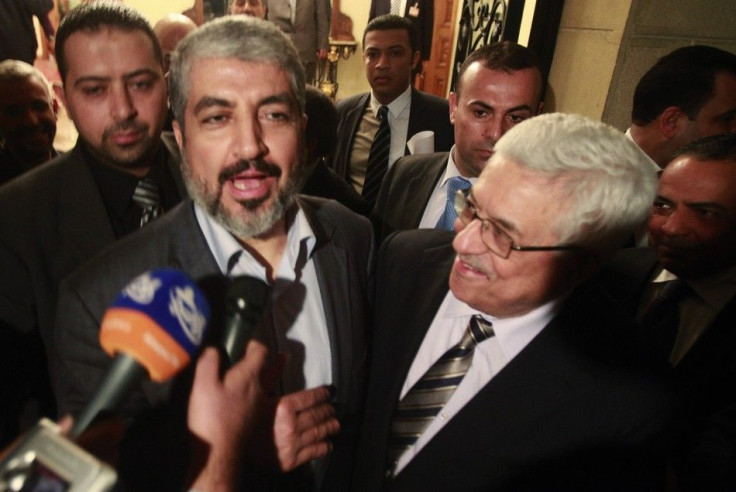Iran Paid Hamas To Block Palestinian Reconciliation: Fatah

Iran recently resumed financial aid to the Hamas, which was suspended six months ago, to block a unity deal with the rival Palestinian faction Fatah that was supposed to end the five-year rift between the two political parties, a Fatah spokesperson has said.
Tehran withdrew financial aid six months ago when the Hamas failed to support their mutual ally Syrian President Bashar al-Assad whose forces are struggling to contain a violent insurgency.
We have information that Iran paid tens of millions of dollars to (Hamas leaders Mahmoud) Zahar and (Ismail ) Haniyeh in their visits to Iran, Reuters quoted Fatah spokesman Ahmed Assaf as saying Tuesday. Hamas leaders Zahar visited Tehran last week and Haniyeh was there last month.
Fatah alleged that Iran has an interest in delaying the political reconciliation in Gaza. If unity was restored between the rival factions, leading up to a legitimate Palestinian leadership, it is likely that Iran will lose its current influence on Gaza, Assaf said.
The Fatah spokesperson was responding to a statement made by Zahar announcing that the political reconciliation in Palestine is in the freezer now.
Reconciliation is in the freezer because Zahar was the one who put it there and he got the price from Iran, Assaf told Reuters. Zahar, Haniyeh and Hamas's Gaza leadership were paid by Iran to freeze reconciliation.
Assaf said Hamas's exiled chief Khaled Meshal, who agreed for a political reconciliation with Fatah, had became antagonistic to the Alawite Syrian President who was killing the insurgent Sunni majority. However, by accepting the offer made by Iran, with a population overwhelmingly Shia than Sunni, Zahar and Ismail have sent a message to Meshal that the latter no longer decides the state of affairs in Gaza.
A Hamas spokesperson rejected the allegations.
The Fatah government did not implement any of their obligations (under the unity deal signed last month) and they prefer American money to nationalist agreements, said spokesman Taher al-Nono.
While western governments consider the Hamas a terrorist group, Fatah leader Mahmoud Abbas commands their support as the Palestinian president.
However, according to political analysts, neither Fatah nor Hamas has the real will to make political reconciliation a reality.
© Copyright IBTimes 2025. All rights reserved.






















